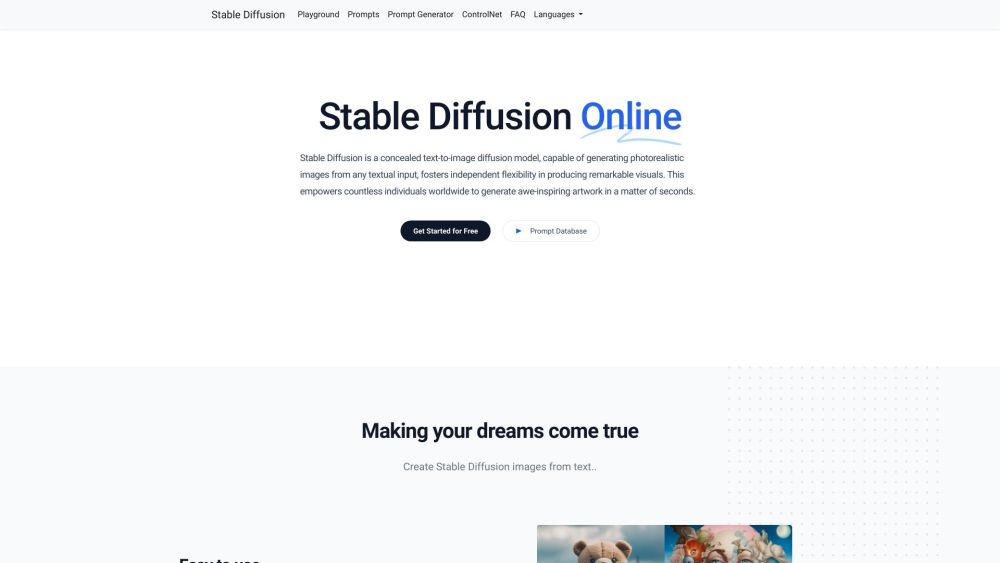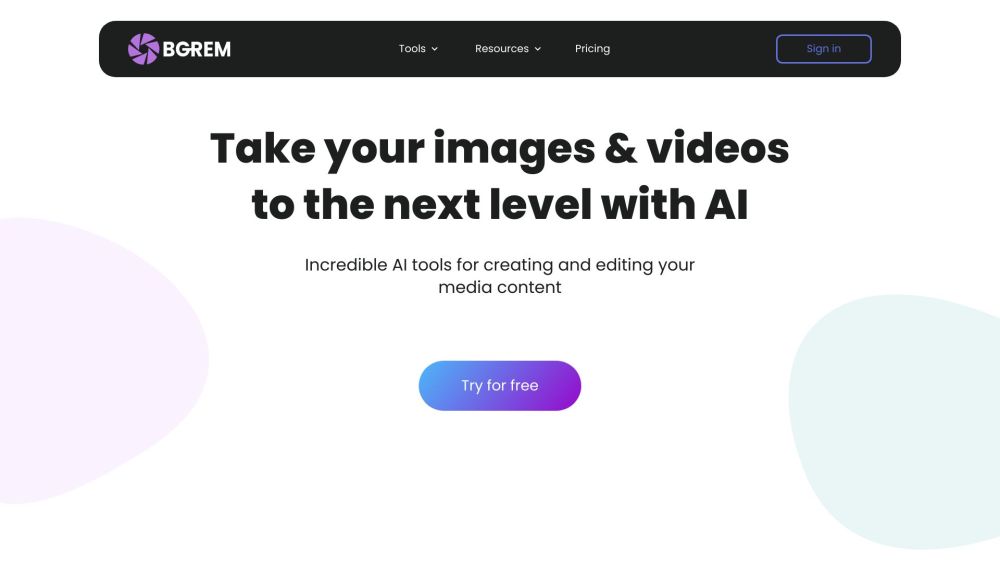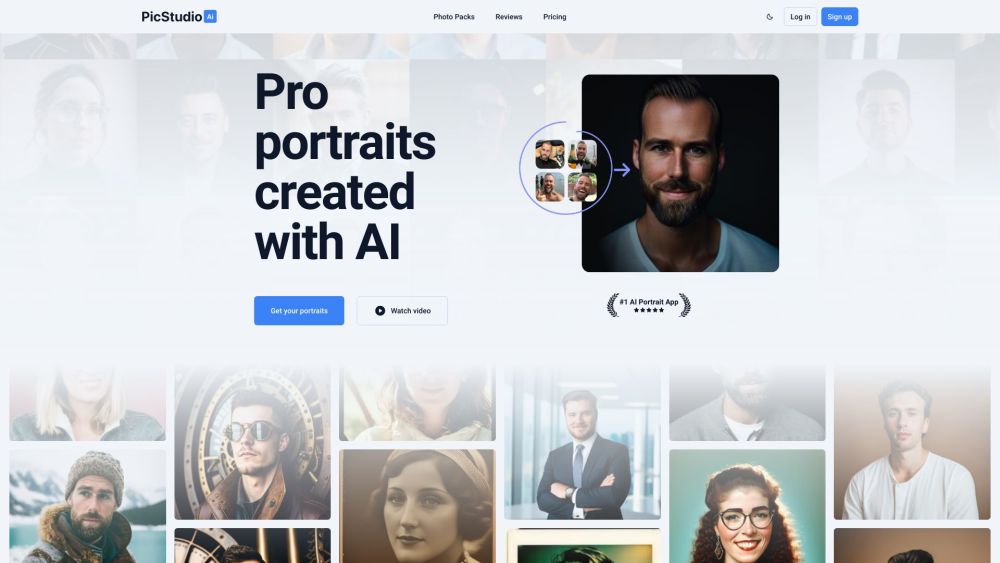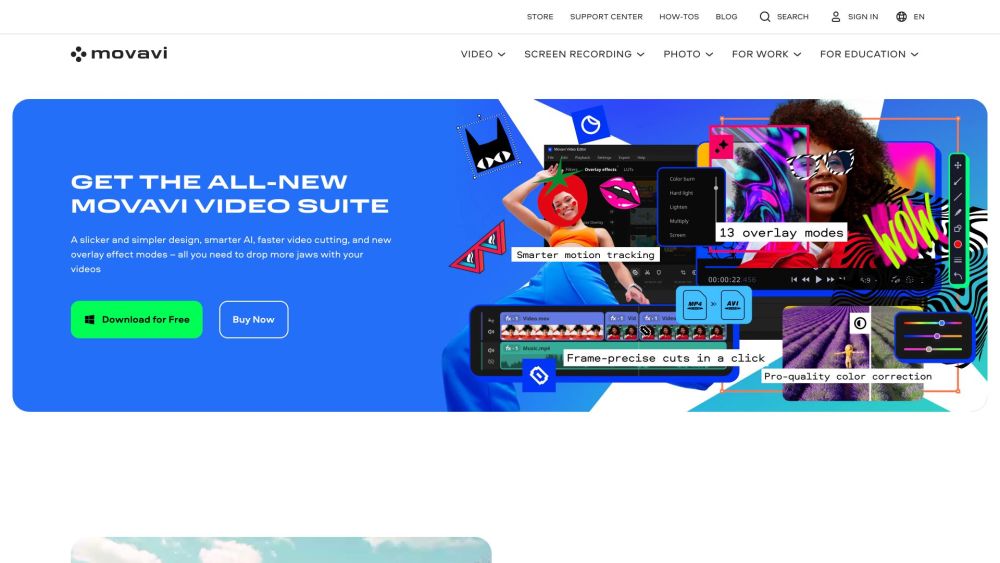Labeling and annotation platforms may not capture the spotlight like cutting-edge generative AI models, but they play a critical role in the AI ecosystem. The data that fuels many AI models must be accurately labeled for the models to effectively interpret it during training.
Annotation is a substantial challenge, often requiring thousands to millions of labels for more extensive and sophisticated datasets. To alleviate this burden, Eric Landau and Ulrik Hansen co-founded Encord, a "data development" platform tailored for companies that manage and prepare data for AI models.
Recently, Encord secured an additional $30 million in a Series B funding round led by Next47, bringing its total funding to $50 million. This new capital is intended to double the size of Encord's product, engineering, and AI research teams within six months and expand their San Francisco office, as Landau shared.
"By year-end, we aim to expand our team to 100 employees, up from our current count of 70," he stated. "We now operate dual headquarters in London and San Francisco, with team members located worldwide."
Landau's journey into big data systems began while he was studying particle physics at Stanford. In contrast, Hansen honed his skills in global markets at J.P. Morgan, where he specialized in emerging market derivatives.
The inspiration for Encord emerged when Hansen worked on data-heavy AI projects during his master's program in computer science at Imperial College London. Frustrated by the slow process of data curation and labeling, he reached out to Landau, whom he knew from the entrepreneurial community in London, to explore possible solutions.
"By merging Hansen’s software development prowess with my expertise in quantitative research to automate data development, we launched the first version of Encord’s product during Y Combinator in the spring of 2021," Landau explained. "The Encord platform provides enterprises with essential tools to prepare their data for AI and evaluate how effectively that data enhances their models."
With the data labeling and annotation market projected to reach $3.6 billion by 2027, Encord is one of many companies vying for opportunities. Beyond the major player, Scale AI, startups like Datasaur, which allows customers to automatically create models from labeled data, Heartex, offering an open-source data development platform, and Dataloop, another provider of data annotation tools, also compete in this space.
What sets Encord apart, according to Landau, is the platform's versatility.
By utilizing Encord, teams can explore and visualize diverse datasets—including images, videos, and audio files—imported from both private and public cloud storage, while also comparing the performance of various models trained on identical datasets. The platform is designed to identify model accuracy issues and recommend additional training data to address these challenges.
"Unlike fragmented solutions that only tackle specific segments of your data workflows, Encord consolidates all your data processes into a single platform," Landau added. "This integration enhances traceability and sheds light on the often ambiguous 'black box' of AI, enabling better understanding of why a model makes certain decisions."
So far, Encord's growth strategy appears effective. The company serves 120 clients, including leading firms like Philips, innovative AI startup Synthesia, and healthcare providers such as Cedars-Sinai and Northwell Health, alongside contracts with undisclosed military and government organizations. Landau asserts that Encord's revenue has quadrupled over the past year and that the company could achieve cash-flow positivity by 2025, were it not for its ongoing headcount expansion.
"We're experiencing anything but a slowdown," Landau remarked. "Nonetheless, we recognize the broader market conditions and are taking a cautious approach to capital deployment."
Other participants in this funding round included Y Combinator, CRV, and Crane Venture Partners.
Correction: This article previously misstated the series of the funding round; it was a Series B round.





